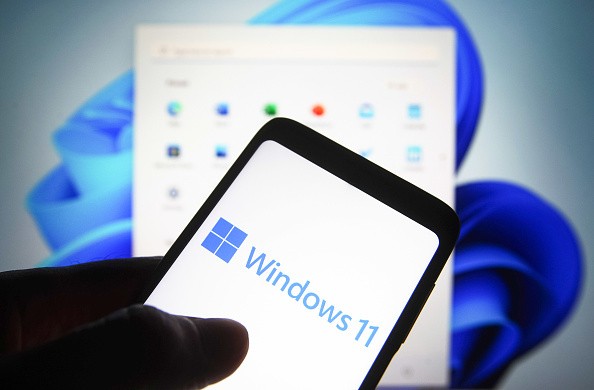Windows 11 Android apps are close to an official launch, but a lot of people won't be able to even use them.

According to NotebookCheck, those with AMD Ryzen 2000-series CPUs or older are not supported for Windows 11's official Android app integration. On the Intel side, you're going to need an 8th-gen Core i3 chip at the bare minimum, meaning anything 7th-gen or older can't run the apps.
Aside from these sky-high CPU requirements, Microsoft is also asking folks to have at least 8GB of RAM (16GB recommended) and an SSD to make sure things go smoother. Now, somebody with a bit of experience in computer hardware can clearly see that these "minimum" system requirements seem far too high for just running Android apps on a desktop.
All of the system requirements for Windows 11 Android apps are shared in this Microsoft Support site, if you want to check them all out.
It wasn't specified why the Windows 11 Android integration needs so much hardware power, specifically on the AMD Ryzen side. But according to Tom's Hardware, this might be due to the 2000-series chips not having official support for Intel Bridge Technology.
While AMD Ryzen 2000-series CPUs are indeed classified under x86 platforms (the basic requirement for Intel Bridge), they are based on AMD's Zen+ architecture and not Zen 2, which is featured in the Ryzen 3000 series. Zen+ doesn't have official support for Intel Bridge.
Either way, the official integration of actual, native Android apps is already here for select users, as Microsoft already announced it last February 15th (via ZDNet).
Android apps are among the biggest USPs for Microsoft when they first revealed Windows 11 last June. Until that announcement, Windows users can only use Android apps on their desktops via third-party emulators like BlueStacks.
Why Are The Requirements For Windows 11 Android Apps So High?
Microsoft doesn't provide a lot of other details as to why running native Android apps on Windows 11 require that much power. But one thing is for certain: not a lot of people who have older devices will be able to join in on the fun.
Only take a look at the official system specs. AMD's Ryzen 2000 series only came out in 2018. Unlike graphics cards, CPUs take a longer time before they're obsolete, which is why several of even the most demanding video games can still run on older CPUs. Whether Microsoft will reveal why they need such modern hardware remains to be seen.
But if you bought your desktop or laptop within the last three years, you're likely safe. That's because that time period covers AMD's Ryzen 3000 series, which have the necessary support for Intel Bridge needed to run the native Android apps on Windows 11. The same thing goes for their Team Blue counterparts in the 8th-gen Core series.
Related Article : Windows 11 On 'Unsupported' Devices Will Still Get Updates--For Now
This article is owned by Tech Times
Written by RJ Pierce
ⓒ 2025 TECHTIMES.com All rights reserved. Do not reproduce without permission.




